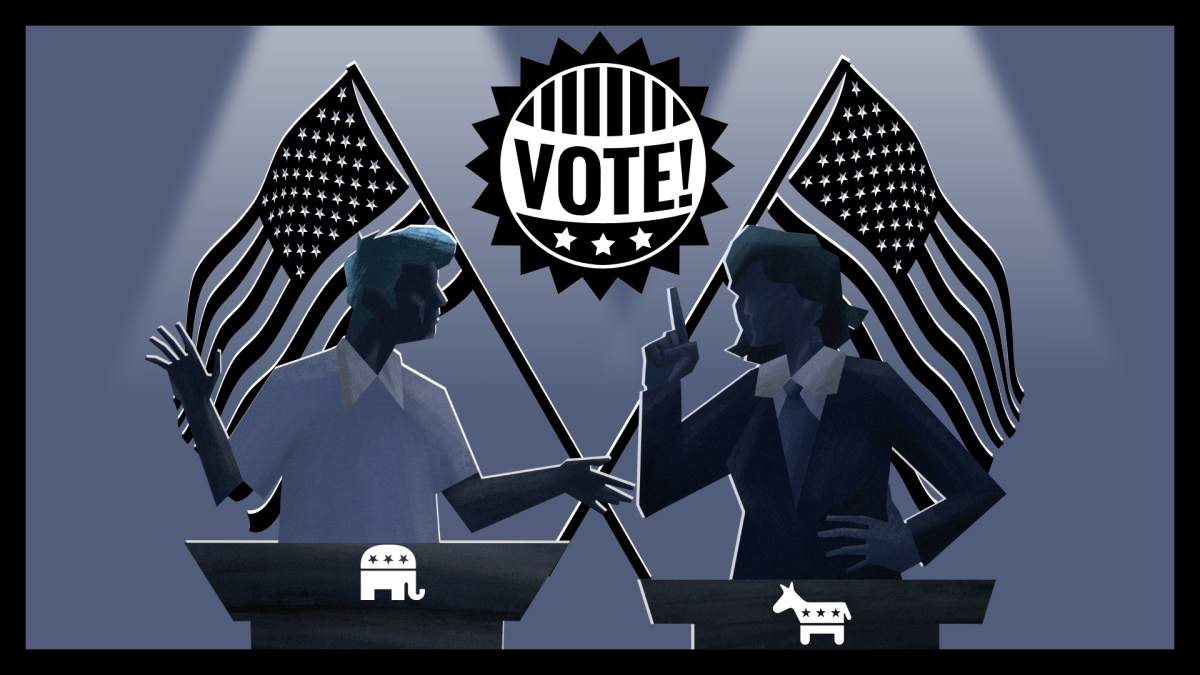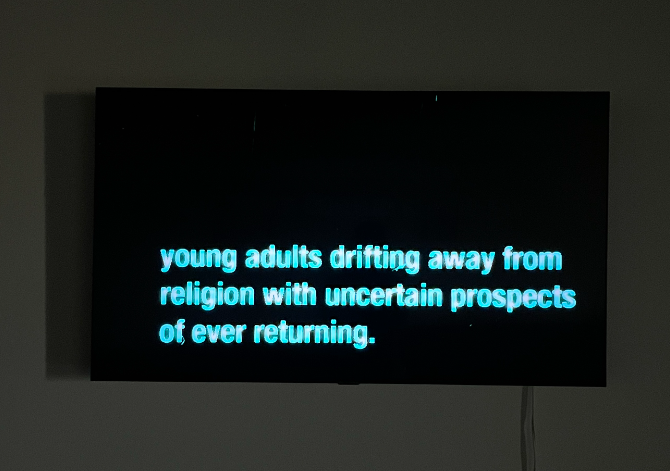
California lawmakers are currently fighting for a bill in the Supreme Court that would make the sale of video games with mature content illegal to minors. The proposed law’s definition of such a game is one that “appeals to a deviant or morbid interest of minors,” is “patently offensive” to prevailing community standards and lacks “serious literary, artistic, political or scientific value.”
“We have a responsibility to our kids and our communities to protect against the effects of games that depict ultra-violent actions, just as we already do with movies,” California Governor Arnold Schwarzenegger said to the Washington Post.
Texas, along with 10 other states, has filed an amicus brief in California’s favor. If the bill passes in California, it is possible that Texas will pursue similar restrictions on the sale of video games.
Those defending the video game industry will likely challenge the Court’s ruling if they rule in favor of California, claiming that the law would be redundant, due to existing rules and regulations designed to prevent children from buying violent games without the consent of their parents or guardians. The video game industry would also agree that such a ruling is unconstitutional because it violates the First Amendment.
“Video games are fully protected speech, and both the ‘violence’ and ‘interactivity’ feared by California’s law are expressive aspects of books, plays, and movies, not just video games,” Lee Tien, senior staff attorney for the Electronic Frontier Foundation, said in a brief to the Supreme Court.
Some gamers, like WTAMU junior Jaxon Boyd, said that plenty of regulations exist with the Entertainment Software Rating Board. The goal of this system is to keep children from gaining access to violent games without government interference.
“Such a law just seems useless to me,” Boyd said.
On the other side of the argument are people like 27-year-old gamer and parent Jonathon Land, who would support such a law. However, he said that with or without a law in place, the duty of keeping such games will still fall to the parents.
“I would support such a law,” Land said. “But if a parent doesn’t care and doesn’t pay attention to their kid, then a kid can get access to whatever they want.”
The Supreme Court has heard arguments over California’s law but has not stated when its members will come to a decision and release its ruling to the public.








